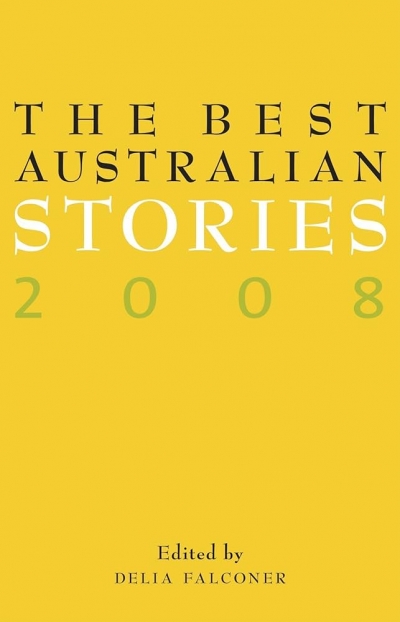Short Stories
Film | Theatre | Art | Opera | Music | Television | Festivals
Welcome to ABR Arts, home to some of Australia's best arts journalism. We review film, theatre, opera, music, television, art exhibitions – and more. To read ABR Arts articles in full, subscribe to ABR or take out an ABR Arts subscription. Both packages give full access to our arts reviews the moment they are published online and to our extensive arts archive.
Meanwhile, the ABR Arts e-newsletter, published every second Tuesday, will keep you up-to-date as to our recent arts reviews.
Recent reviews
The Best Australian Stories 2008 edited by Delia Falconer
by Jeffrey Poacher •
Families: Modern Australian short stories edited by Barry Oakley
by Christina Hill •
Tense Little Lives: Uncollected prose of Ray Mathew edited by Thomas Shapcott
by Adrian Mitchell •
The Best Australian Stories 2007 edited by Robert Drewe
by Rosemary Sorensen •










